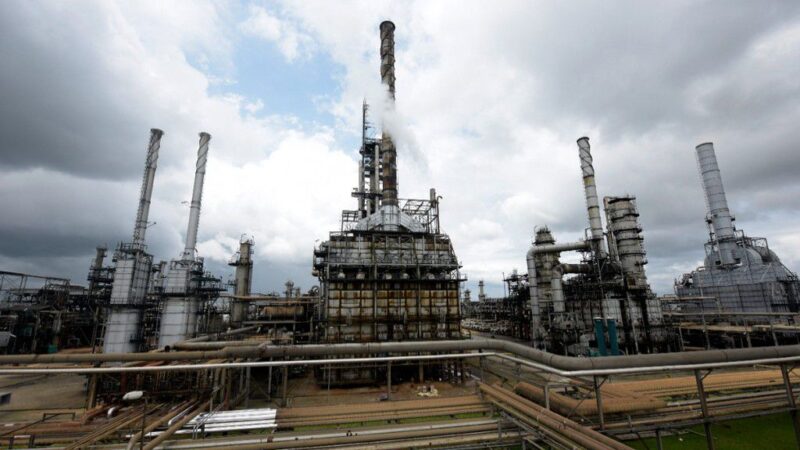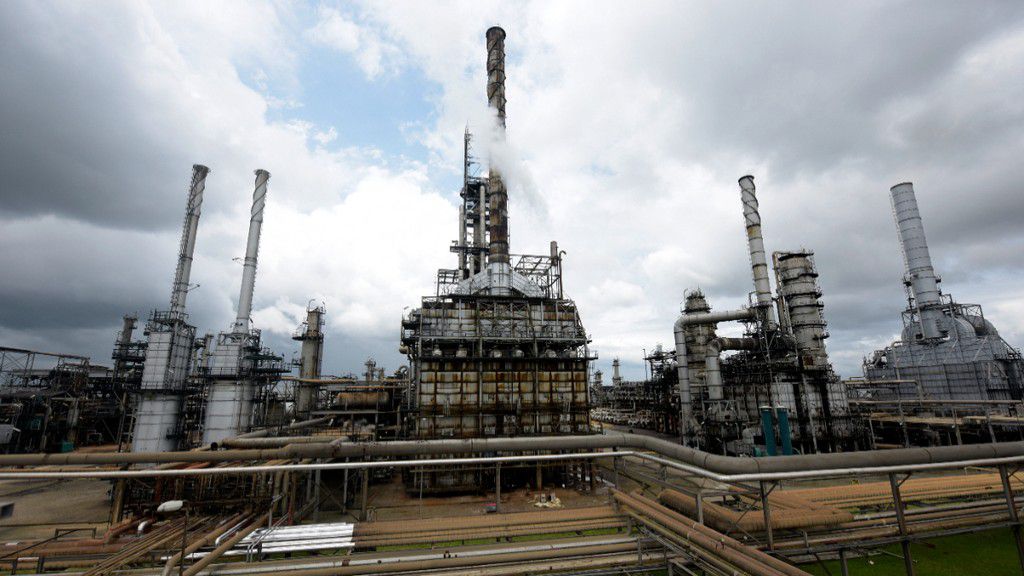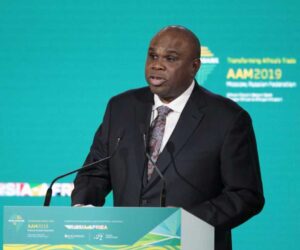Nigeria’s crude oil industry has recorded its lowest losses in nearly 16 years, with theft and metering inaccuracies reduced to just 9,600 barrels per day in July 2025, according to the Nigerian Upstream Petroleum Regulatory Commission (NUPRC).
The latest figures, released by the Commission, show a dramatic turnaround compared to the sector’s troubled past. Between January and July 2025, total losses stood at 2.04 million barrels, averaging 9,600 barrels per day (bpd).
This marks a 50.2% decline from the 4.1 million barrels lost in 2024, which averaged 11,300 bpd.
By contrast, 2021 was the peak year of oil theft and inefficiency in two decades, when Nigeria lost 37.6 million barrels, or 102,900 bpd.
The current figures reflect a 94.57% drop since that time, underscoring the progress made in tackling long-standing challenges.
NUPRC Chief Executive, Engineer Gbenga Komolafe, attributed the gains to reforms under the Petroleum Industry Act (PIA) of 2021.
“This significant reduction in crude oil losses reflects the Commission’s commitment to eliminating theft and inefficiencies across Nigeria’s oilfields and pipelines.
“Our collaborative efforts with security agencies, operators, and communities, combined with strategic regulatory interventions, are yielding tangible results,” he said.
The Commission has pursued both kinetic and non-kinetic strategies, including tighter surveillance of pipelines with the support of security agencies and communities, alongside regulatory reforms to plug loopholes and improve transparency.
A comprehensive metering audit of upstream facilities has been crucial in ensuring accurate monitoring of production and exports. Additionally, the approval of 37 new evacuation routes has further reduced opportunities for theft.
Energy analyst Dr. Aisha Mohammed described the progress as “a testament to the effectiveness of the PIA and the NUPRC’s proactive measures,” but warned that sustaining these gains will require “continued vigilance and investment in technology.”
The reduction in oil losses is expected to boost government revenues, strengthen investor confidence, and enhance Nigeria’s standing in the global oil market.









